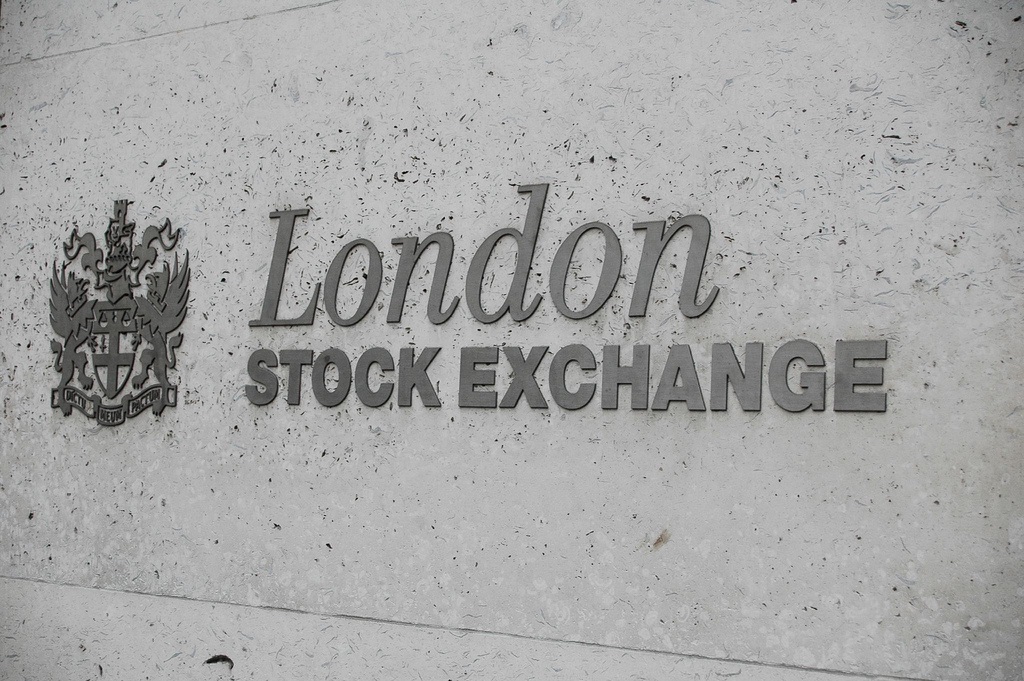The London Stock Exchange’s (LSE) Alternative Investment Market (AIM) was launched in 1995 for smaller and growing international companies looking to raise capital for expansion. AIM describes itself as “the most successful growth market in the world”. The UK government has sung its praises. Lesser known than the LSE’s Main Market where larger, more established international companies’ securities are traded, AIM has over the years helped more than 3,700 companies raise more than £100 billion.
Approximately 200 oil, gas and mining companies trade on AIM. Although generally smaller than LSE Main Market companies, AIM companies have grown over the years. AIM extractive companies’ combined market capitalisation runs into the billions of pounds, which can make them significant actors relative to the size of host country economies where many citizens are still desperately poor. They operate in 40 developing and transition countries, including 22 lower- and lower-middle-income countries as defined by the World Bank, and in all the BRICS.
Fraud and corruption
The LSE recently asked for views on proposed changes to the AIM rules, including rules of corporate governance. Investigations by Global Witness, Rights and Accountability in Development (RAID) and others have revealed significant cases of fraud, corruption and other abuses involving AIM extractive companies. The risks involved are acknowledged by the UK government: “The absence of good governance and the lack of transparency around [payments to governments] reduce the positive impact that extractive industries can have on economic development … [and] negatively impacts on, and increases the risk for, … companies and investors active in the extractives sector through civil unrest and poor business environment.”
Publish What You Pay UK responded to the recent LSE consultation by proposing that all LSE AIM-traded oil, gas and mining companies be required to annually report their payments to governments following the same rules that apply to the 90-plus LSE Main Market-traded and large private UK-registered extractive companies now disclosing their payments each year under UK law. AIM extractive company reporting should meet the same requirements. The UK regulations’ £86,000 disclosure threshold, applied per single payment or series of related payments, will prevent AIM extractive companies from being unreasonably burdened by having to report inconsequential payments.
Benefits of transparency
Benefits would be considerable. First, there would be consistency in addressing investor and reputational risk. The LSE already requires extractive companies to disclose payments to governments of more than £10,000 on applying for admission to AIM, as well as to annually report estimated reserves and resources. Regular payment reporting by AIM extractive companies will help citizens hold their governments to account for revenues received, better inform investors and improve the UK’s, the LSE’s and AIM’s reputation for corporate governance.
The LSE’s discussion paper recognises AIM investors’ need to fully understand the businesses in which they invest and the associated risks. Payment to government disclosure helps investors make informed decisions and promotes confidence in the market. This is why large numbers of European and North American institutional investors and fund managers support both the EITI and mandatory public country-by-country project-level reporting.
AIM needs to maintain appropriate levels of corporate governance as its traded companies grow in size and as expectations regarding corporate accountability rightly become more demanding. With a current average market capitalisation of approximately £50 million, AIM oil, gas and mining companies are far from small in the eyes of ordinary people, and not all AIM companies will plan to graduate to trading on the Main Market. These factors make it inappropriate to apply fewer transparency requirements to AIM extractive companies than to their Main Market counterparts.
Public country-by-country project-level reporting is increasingly accepted as the industry norm. As Tom Butler, chief executive of the International Council on Mining and Metals (ICMM), said in early 2017: “[T]he global trend is in the [pro-transparency] direction. The train has left the station. It is driven by investors and other stakeholders and the desire of the industry to maintain its social license to operate. One way to maintain that is for everyone to see that the taxes and other payments the mining industry makes are applied sensibly to the development of the country.”
No UK institution should be encouraging a race to the bottom in terms of corporate transparency standards.
It is high time, then, for the LSE to extend annual payment disclosure beyond Main Market-traded extractive companies to AIM-traded ones. In the UK government’s words: “Shareholders, investors, employees, competitors, civil society groups, the media and other external stakeholders view companies’ disclosure of payments … as an example of principled leadership. … Regular … [r]eports on payments and revenues can improve the creditworthiness of both companies and countries.”
Read PWYP UK’s submission to the AIM Rules Review 2017.
This blog was written by Miles Litvinoff, Coordinator of PWYP UK.











